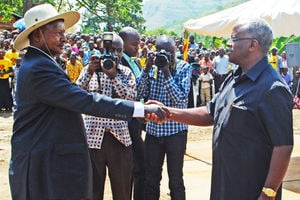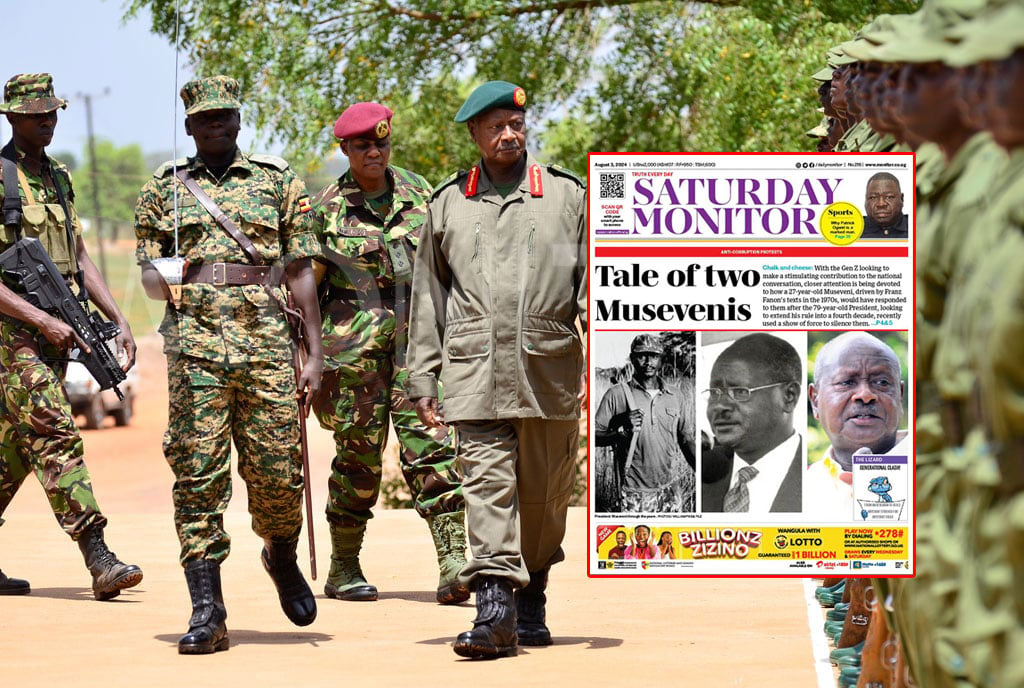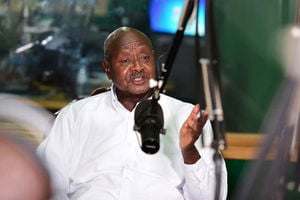
Alan Tacca
When, in his early days as Uganda’s ruler, President Museveni likened his predecessors to swine, you did not need to ask more questions about why he took up arms to fight them.
Once rulers reach the level where they cause so much pain, anger and disgust, it is natural for citizens to want someone to forcefully remove them from power, even to eliminate them.
Finding people with the courage and the tools required to confront the pigs was another question. Having weighed the situation after the 1980 General Election and decided to launch a guerrilla war against Milton Obote’s UPC government as the best option, Museveni knew the obstacles in his way and had a clear picture of the complexity of the task.
He knew that apart from the core conspirators, he would need very many people, indeed whole communities, to become part of the rebellion for his act of liberation (or treason) to be sustained and stand a chance of success.
All guerrilla-styled adventurers may be deadly and disruptive, but most fail to capture power.
Museveni’s success was partly because of his ability to reach the people living in the battlefield areas, teaching them how they could transcend their post-election anger and become cool-headed fighters or accomplices.
Those who were indifferent were ideologically pumped to become conscious. If they were children, he taught them how to become disciplined child soldiers instead of playful school children. He was a wonderful teacher of war.
The result was that whole communities got committed and made huge sacrifices. Some estimates put the dead at more than 500,000.
Gardens and commercial farmland became wild bush. Schools and business outfits got shut or crippled. Whole villages moved into internal displacement or foreign exile.
People’s houses were de-roofed, the doors and windows removed. The elements destroyed most of what remained of the abandoned structures. In the overgrown bushes, Luweero Triangle got a monkey population boom.
Museveni’s immediate family members were in Sweden, so he did not have to teach them much about endurance and sacrifice in the war zone itself as he did with the residents.
In a fashion, Museveni’s country management problem today reminds us of what he faced during the Bush War.
Uganda is now burdened with a near-Shs100-trillion debt, which it cannot service without more reckless borrowing, because it also has to foot the bills of a gargantuan and thoroughly corrupt public administration.
President Museveni seems to be incapable of seizing the challenge. He cannot roll back the plunder. The current policy of swallowing various authorities/agencies by mainstream government may be more about concentrating power in the Executive than saving money.
If Museveni is giving any lessons in honesty, patriotism and sacrifice, the lessons are not working with his government officials. And his family, which was small and modest in Sweden before 1986, is now vastly extended and lavish.
The engineering of unlimited privilege is also often the sowing of tragic fate. That is how many rulers and nations stagger and fail. Just as Europe rose from Hitler’s and Stalin’s barbarism and now faces Putin’s barbarism, Uganda could sink into another era of ‘swine’ after Museveni.
Posterity will then perhaps judge that the man who taught Ugandans the dedication behind his victory on the battlefield was unable to teach the ideas, the financial discipline and humility needed to build an economically viable and peaceful democratic nation.That may partly explain his son, Gen Muhoozi Kainerugaba’s misconception, who now sometimes threatens that, after Museveni, Uganda can only be ruled by another warrior.
Mr Alan Tacca is a novelist, social-political commentator. [email protected]



